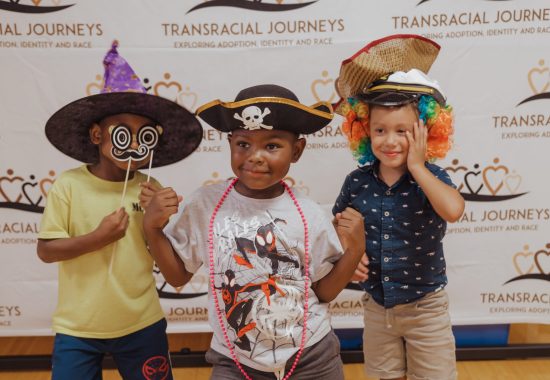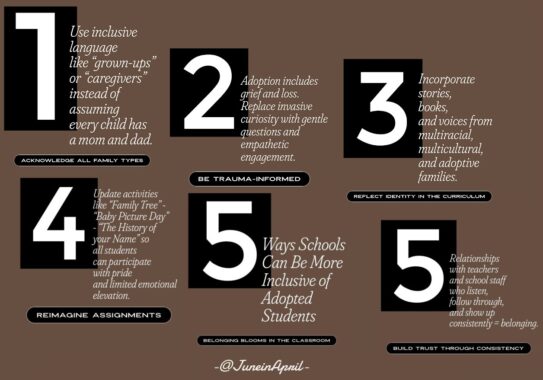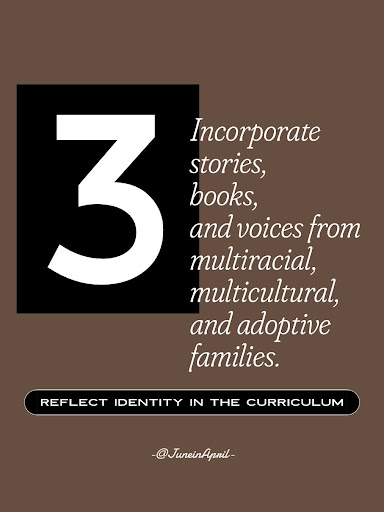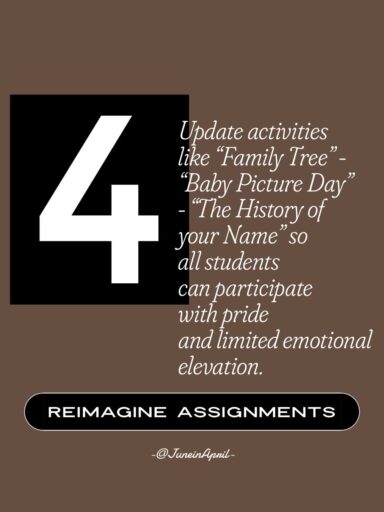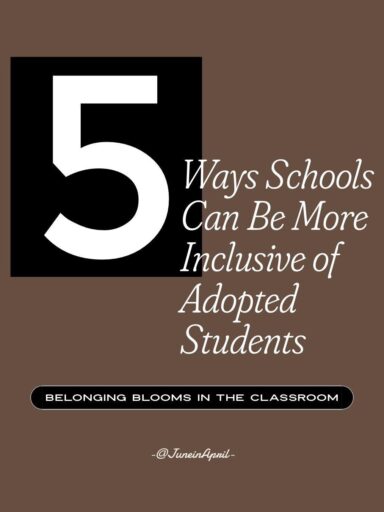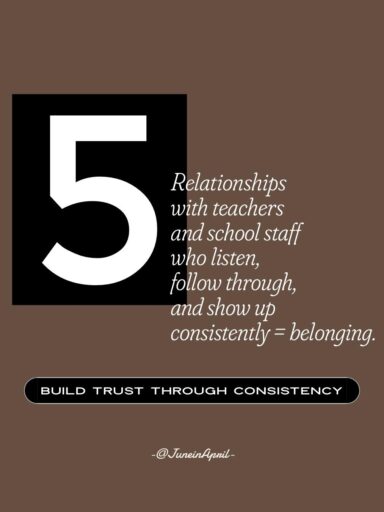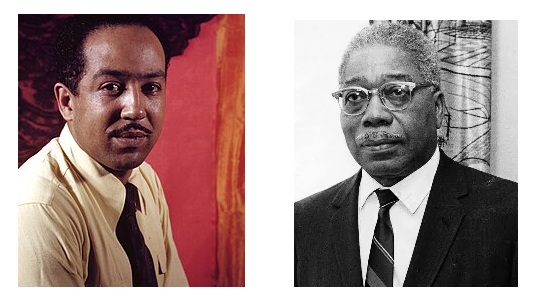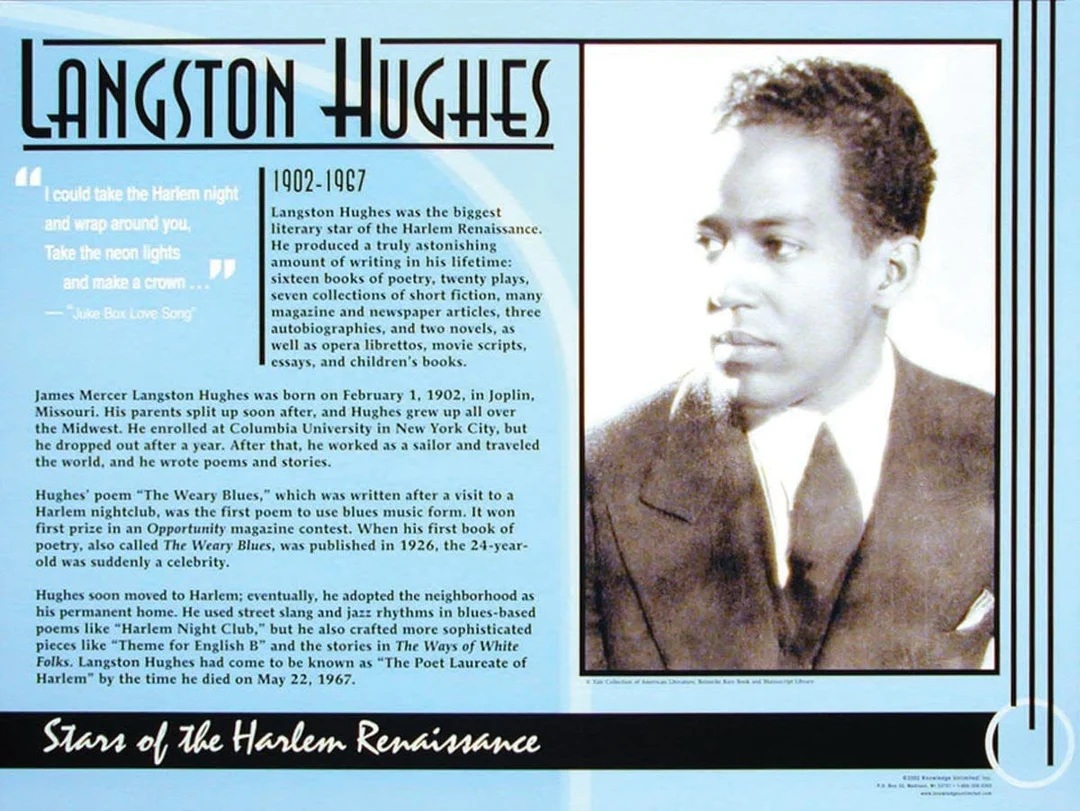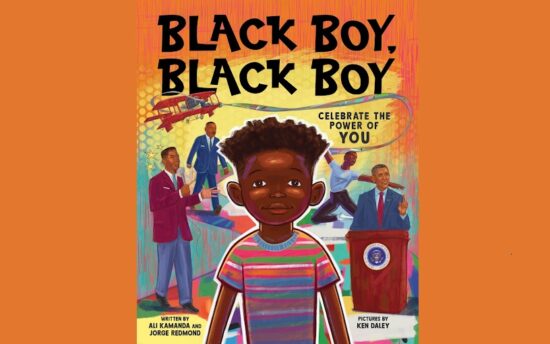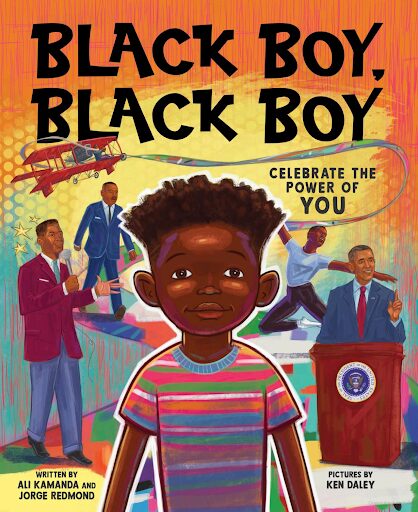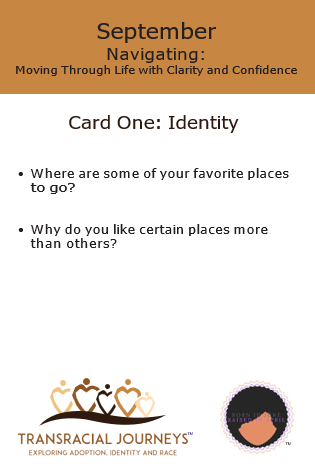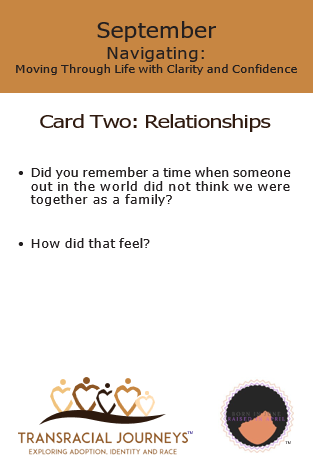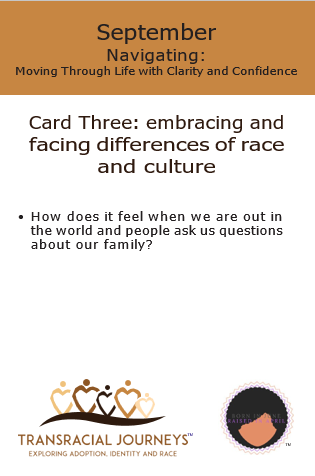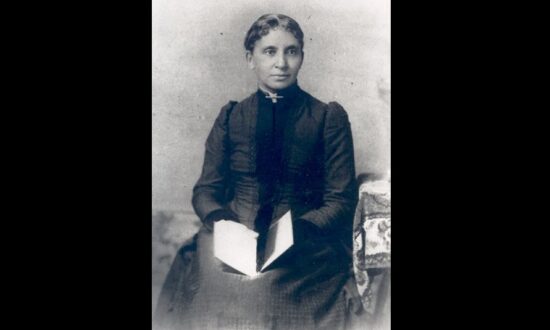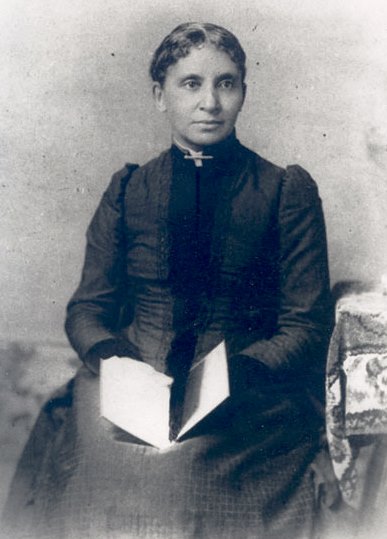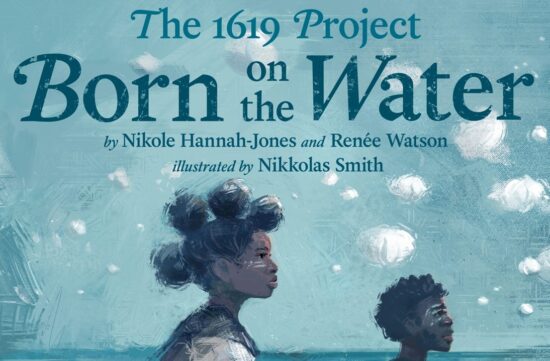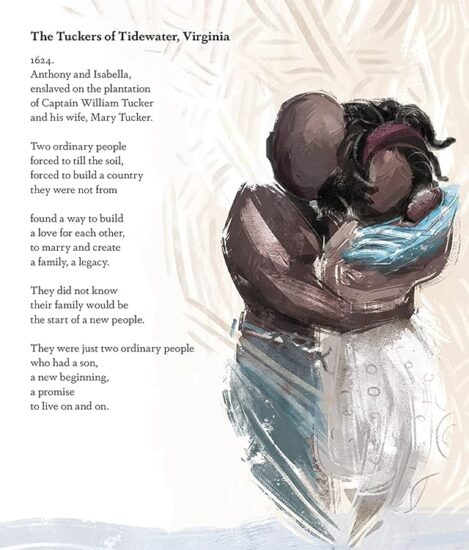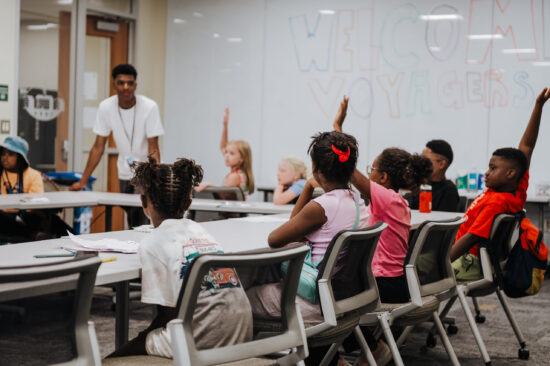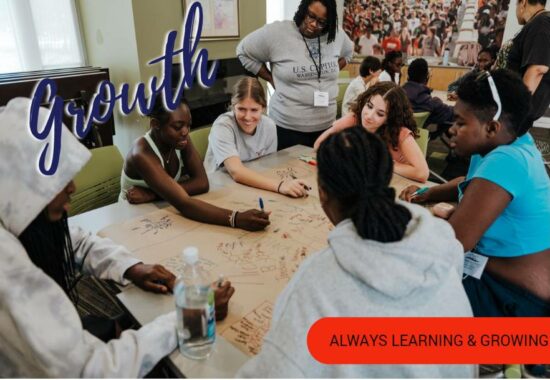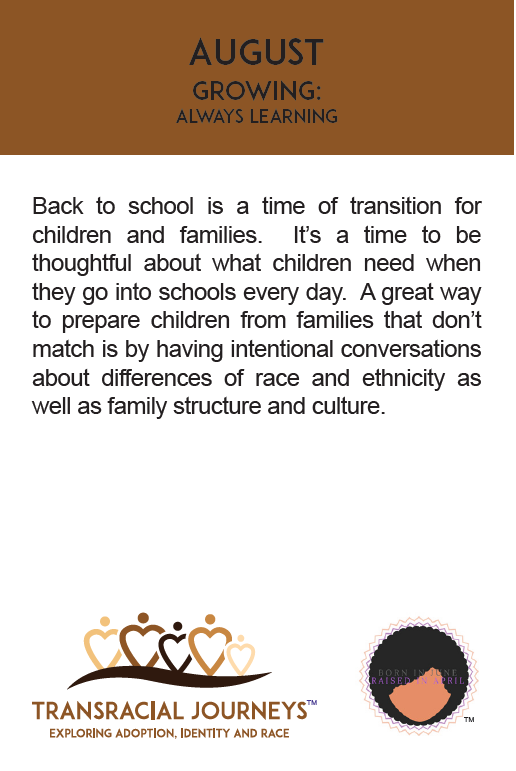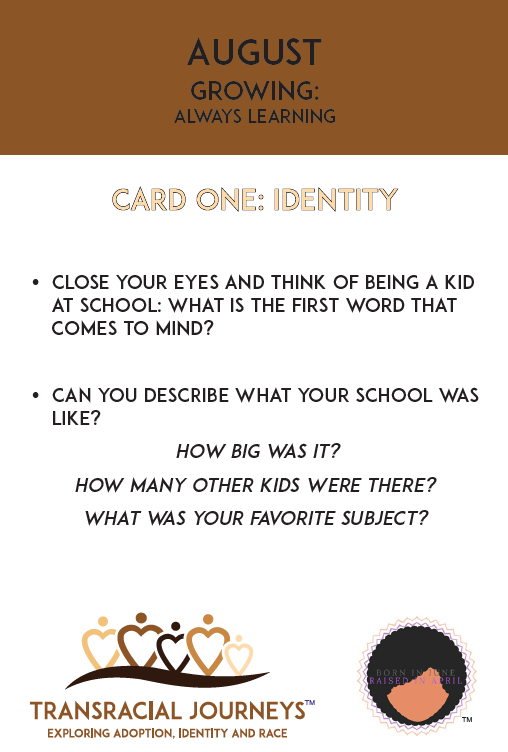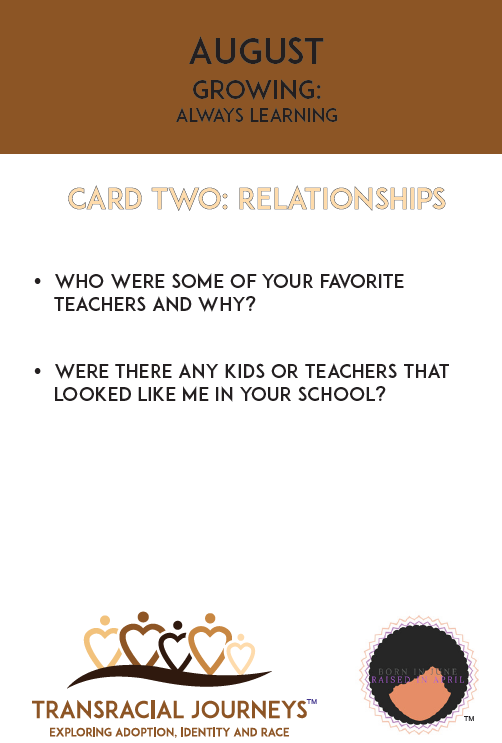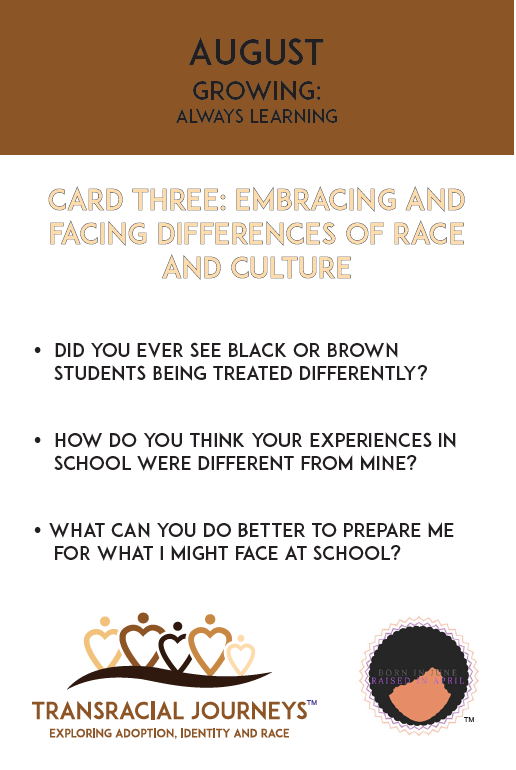The Girl I Am, Was, and Never Will Be:
A Speculative Memoir of Transracial Adoption
by Shannon Gibney
Ages 14-17
Gibney features herself as the protagonist in this part memoir, part speculative fiction novel. Shannon Gibney and Erin Powers are one and the same person. However, there’s a primal difference in that one was adopted and the other wasn’t.
Using documents like vital records, correspondence written from her birth mother to her adoptive mother, and photographs of herself and family members, Gibney delivers a layered, complicated and enthralling tale told in the often underheard voice of a transracial adoptee. The author using her own name and photographs in the book make this book read like part autobiography and part science fiction.
The book is a challenging read that requires some suspension of disbelief. However, in the often misunderstood or misrepresented narrative of adoption, this story is an “authentic” piece of fiction written by a transracial adoptee. Shannon/Erin gets to be an explorer who time travels and jumps to other dimensions in order to piece together the story of not only the families that made and raised her but of the family she builds for herself well into her adulthood.
This book comes highly recommended for families formed by transracial adoption. The style and subject matter don’t make for an easy read but what valuable books are (easy reads)?
Don’t just hand this off to a teen to read in a vacuum, read it with them. If they want to talk about it, then discuss. If they don’t want to talk it’s still important for non-adoptees to read books like this and show they care about the perspective, identity and narrative of the transracially adopted person. Just as Shannon and Erin catch glimpses of each other or their birth father at different points in space and time, the reader may catch glimpses of what it’s like to walk in the shoes of a transracial adoptee.
Highly recommended!
https://www.abebooks.com/servlet/BookDetailsPL?bi=32105044908&dest=usa
Previous Book Corner Posts:



